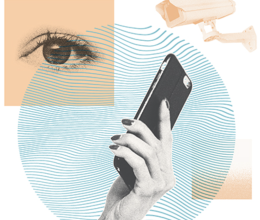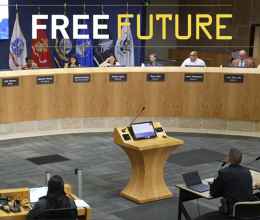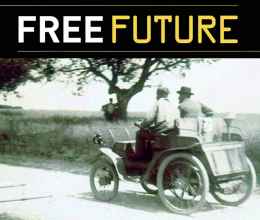According to documents recently obtained by the ACLU, the Drug Enforcement Administration has initiated a new program linking its National License Plate Recognition initiative with those of law enforcement agencies across the country. According to ACLU Senior Policy Analyst, Jay Stanley, this new program raises major civil liberties concerns, as it would allow the federal government to collect and store huge amounts of data tracking the movements of motorists across the country.
“[T]his program is a major DEA initiative that has the potential to track our movements around the country. With its jurisdiction and its finances, the federal government is uniquely positioned to create a centralized repository of all drivers movements across the country and the DEA seems to be moving towards doing just that.”
The ACLU has long been concerned about the privacy implications of widespread use of Automatic License Plate Recognition systems (ALPRs) across the United States. ALPRs are commonly placed on overpasses, posted on streets, or on a police cruisers. They take pictures of the license plates of passing cars, convert the images into computer-readable data and then store the information in large databases. The data collected is checked against “hot lists” of plates uploaded into the system, such as those linked to stolen vehicles and outstanding warrants.
While law enforcement claim that ALPRs are used to catch people suspected of crimes, the reality is these systems are another example of dragnet policing as they collect and store data on everybody, tagging millions of people as potential criminals without due process and violating the privacy of people who have done absolutely nothing wrong. For example, for every one million plates scanned by ALPRs in Maryland, only .2 percent resulted in “hot list” hits. The overwhelming majority of these hits were for registration issues or emissions violations.
Furthermore, as these devices remain largely unregulated and the data can be stored indefinitely, the system is vulnerable to potential abuse. For example, ALPRs allow the user to manually enter plate numbers and then receive alerts about those plates - potentially leading to abusive tracking as a police officer could track his/her boss, romantic interest, workplace rival, etc. Without regulations, ALPRs are also used to target certain communities. In New York City, for instance, police officers have reportedly driven unmarked vehicles equipped with license plate readers around local mosques in order to record each attendee.
Here in Maine we are pretty lucky: we are one of two states with laws limiting ALPR use (the other is New Hampshire). The ACLU of Maine led efforts to limit the use of ALPRs here, and now the data they collect may only be used to protect public safety and transportation infrastructure, in commercial motor vehicle screening and inspection, or for active criminal investigations based on probable cause. Additionally, almost all the data collected may only be stored for 21 days.
While we can be proud that Maine is a national leader on privacy, news of the DEA’s new program is a scary reminder that, as a nation, there is still much work to be done. As technology evolves rapidly, so too must our privacy policies.








